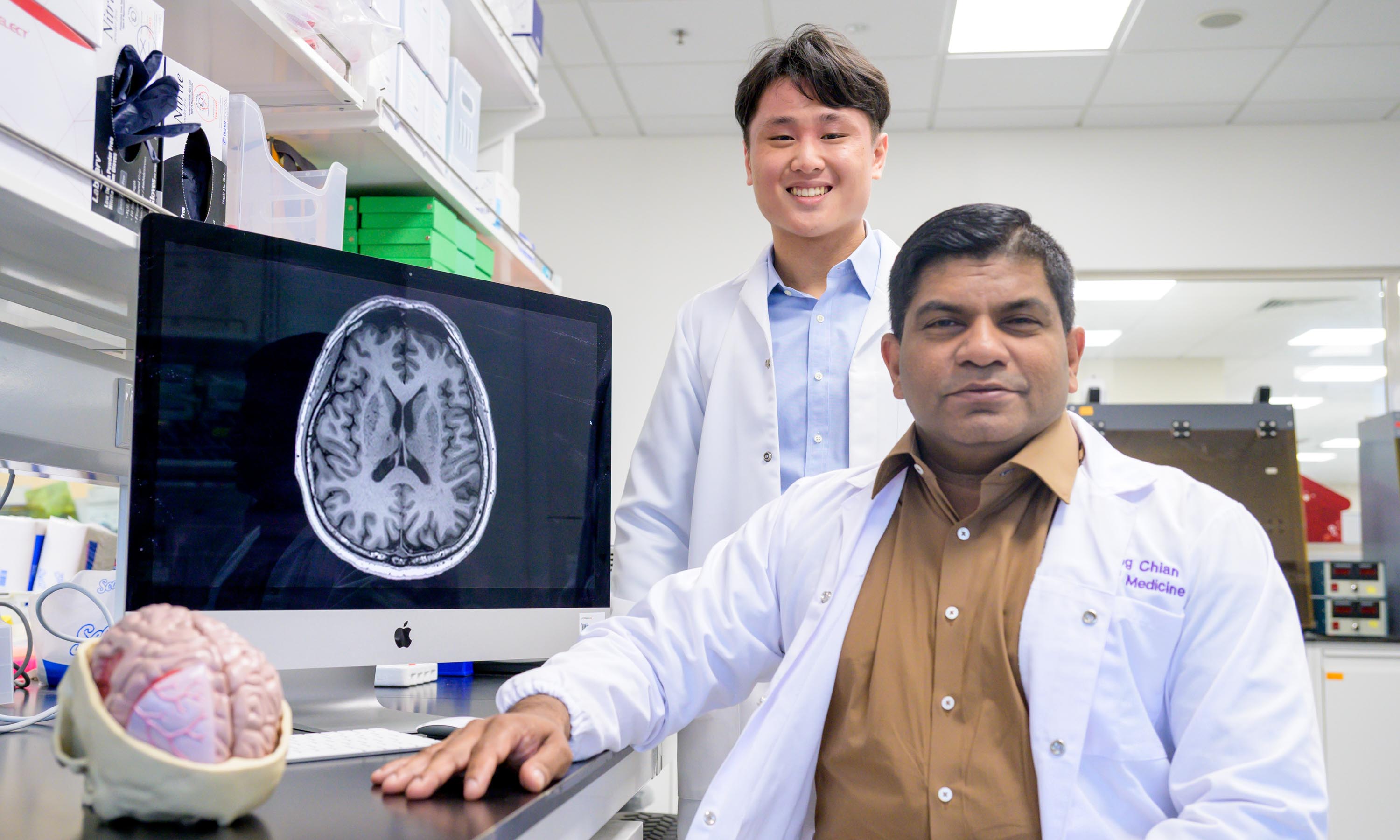
"Drains" in the brain, responsible for clearing toxic waste in the organ, tend to get clogged up in people who show signs of developing Alzheimer's disease, a study by researchers from NTU Singapore has discovered. This suggests that such clogged drains, a condition known as "enlarged perivascular spaces", are a likely early-warning sign for Alzheimer's, a common form of dementia.
These brain anomalies can be visually identified on routine magnetic resonance imaging scans performed to evaluate cognitive decline. So, identifying them could complement existing methods to detect Alzheimer's earlier, said Associate Professor Nagaendran Kandiah from NTU's Lee Kong Chian School of Medicine who led the study.
The research, which studied nearly 1,000 people in Singapore, is also significant as it is one of the few globally to look at Asians, because most studies tend to focus on Caucasian participants. Asian studies are crucial as past research suggests that there are differences in dementia-related conditions between different ethnic groups.






